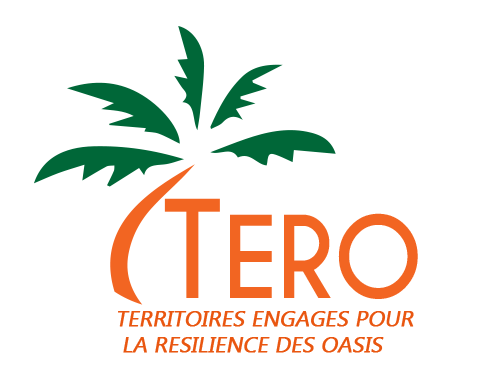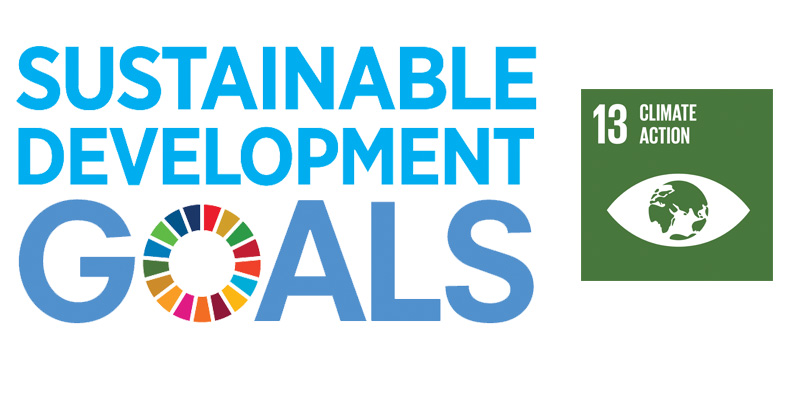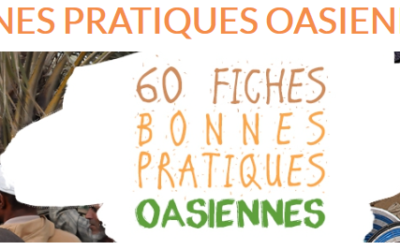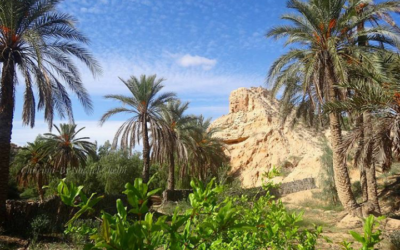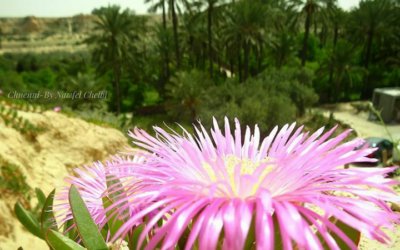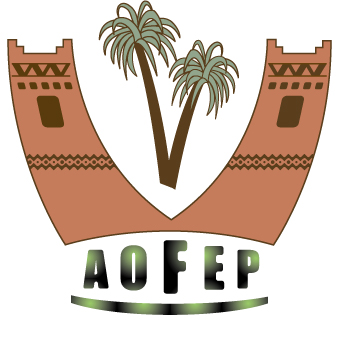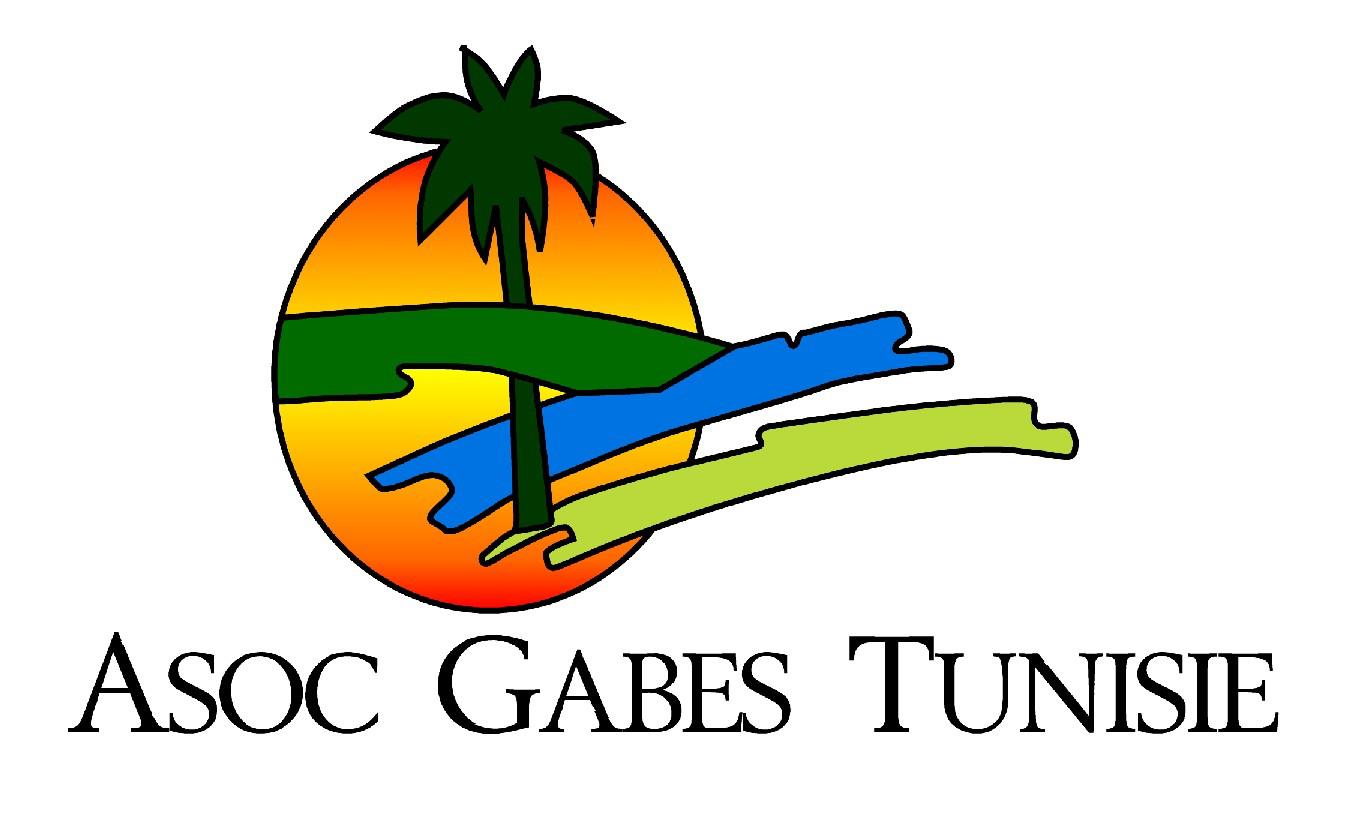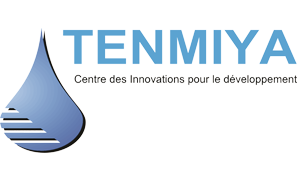The TERO project aims to strengthen the resilience of communities toward climate change. Young volunteers are the central actors of the project.

Capacity building
Building up the capacity of partner organizations in North Africa about the involvement of volunteers in their activities and governance.

Training
Volunteer training on the prevention of risks from disasters.

Development of partnerships
Development of partnerships with youth and environmental protection organizations in the areas of intervention.

Outreach
Community awareness on oases on the means of combating climate change.
Tero Project
The project lasts two years, from March 2018 to February 2020. The activities are carried out in:
Morocco, Mauritania, Tunisia.
EU Aid Volunteers
This project is co-funded by the European Union for the EU Aid Volunteers initiative.
EU Aid Volunteers
This project is cofinanced by the European Union for the initiative of the European voluntary humanitarian aid Corps – EU Aid Volunteers

Sustainable Development
The TERO project – Territoires Engagés pour la Résilience des Oasis (Territories Engaged for the Resilience of the Oases) intends to promote the achievement of 17 United Nations sustainable development goals (SDGs) in particular objective No. 13 on climate action.
Calendar of events
View all project events TERO
february, 2026
No Events
News
Good practises on Adaptive oasis management are published now!
The Réseau Associatif de Développement Durable des Oasis (RADDO), of which CARI is the coordinator, has published a collection of fact sheets dedicated to good oasis practices on water, oasis product development, natural resources management and governance. The RADDO...
Let’s discover the oasis of Chenini
Come and discover the oasis of Chenini through this short documentary on peasant seeds in Tunisia. A documentary directed by RADDO (Réseau Associatif de Développement Durable des Oasis) and shot by RASCA Production. This documentary aims to advocate for the seed...
Towards the oases protection in Tunisia
Oases are subject to many pressures such as water scarcity, declining biodiversity and the impacts of climate change. However, this is the place where millions of people live, an important source of ancestral know-how. In Tunisia, oases are not recognized and are not...
